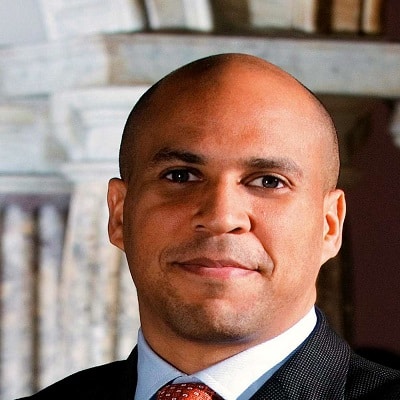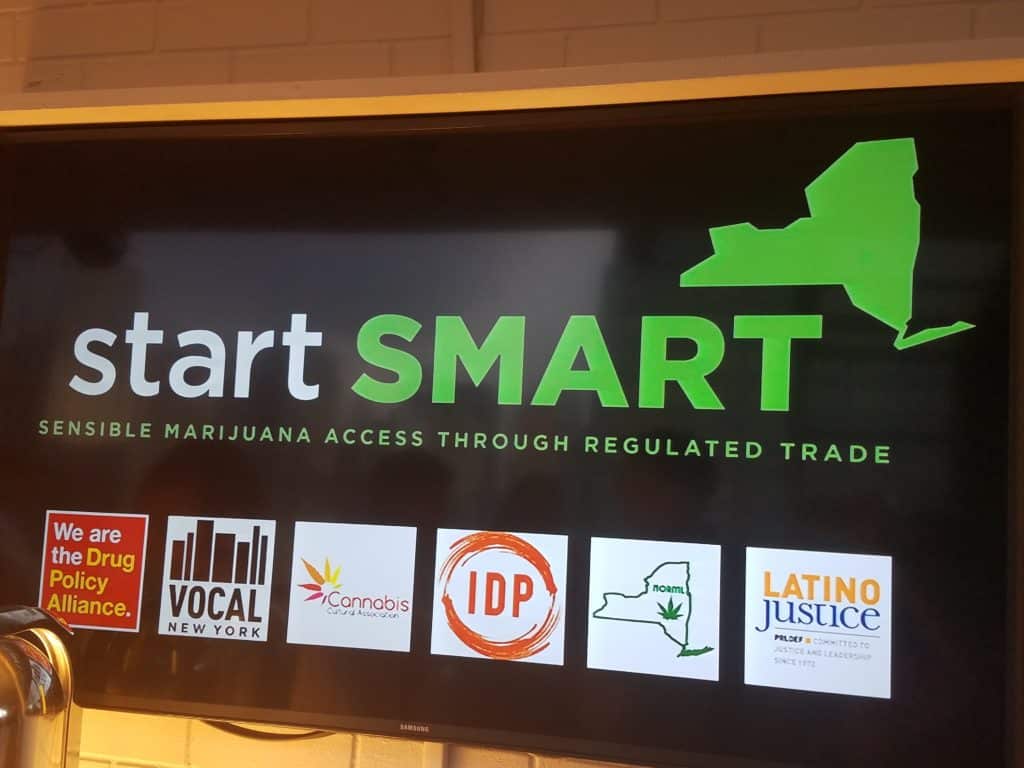by Rick Thompson
The DEA’s evaluation of marijuana and its place in the Schedule of Controlled Substances Act generated media coverage in 2016, but fizzled out when the organization’s self-proclaimed deadline came and went without a decision at all. What appeared to be a chance at moving cannabis from Schedule 1, reserved for the most dangerous drugs with no medicinal value, to a more appropriate Schedule listing vanished without a word.
One group of legislators is calling on DEA leaders to make a decision.
On April 4, 2016, the DEA sent a letter to members of Congress who had asked them to consider rescheduling cannabis from Schedule 1. In it the authors claimed they would have an answer on the issue of rescheduling in the first half of 2016. They missed their deadline, but pundits are still calling for a decision any day now. On July 11, the Denver Post reported that a top DEA official said they weren’t going to hold themselves to any “artificial time frame,” even if it is a timeline they gave themselves.
Sen. Kirsten Gillibrand is one of eight Congresspersons who challenged DEA Administrator Rosenberg to address the issue via a letter sent on June 30 to his office.
In the letter and the accompanying press release, the group cites the reasons for removing marijuana from Schedule 1, saying, “information from the Department of Health and Human Services (HHS)… has already determined that medication naturally derived from the cannabis plant has a medical use.”
Christopher Ingraham of The Washington Post recently wrote this:
In one case, recently uncovered by the office of Sen. Kirsten Gillibrand (D-N.Y.), the Department of Health and Human Services recommended that naturally derived THC, the main psychoactive component of marijuana, be moved from Schedule 1 to Schedule 3 of the Controlled Substances Act — a less restrictive category that would acknowledge the drug’s medical use and make it easier to research and prescribe. Several months after HHS submitted its recommendation, at least one drug company that manufactures a synthetic version of THC — which would presumably have to compete with any natural derivatives — wrote to the Drug Enforcement Administration to express
opposition to rescheduling natural THC, citing “the abuse potential in terms of the need to grow and cultivate substantial crops of marijuana in the United States.” The DEA ultimately rejected the HHS recommendation without explanation.
HHS told the DEA that FDA-approved generic forms of Marinol containing dronabinol should share the same classification as the pharmaceutical- Schedule 3- and that the natural form of the drug is, literally, delta-9 THC. The FDA and NIDA agreed with the Schedule 3 designation. That was in 2010.
The Congresspersons’ 2016 letter was stern, cited the revelation of the HHS determination and added one additional caveat- a scathing criticism of the nation’s current system to create and distribute marijuana to scientists for research uses. From that letter:
Citing new information from the Department of State indicating that the U.S. is not bound by treaty to restrict the total number of licenses to grow cannabis, the Senators and Representatives also urging DEA Administrator Rosenberg to end the monopoly on the research supply and grant multiple licenses for the cultivation of cannabis for medical research. To date, the DEA has only issued a single license to the University of Mississippi and last year only two researchers in the United States received cannabis for medical research with human patients.
The ‘international treaty’ excuse has been frequently used by federal officials as a reason to disallow diversified cannabis cultivation and a more liberalized distribution arrangement for scientists. The DEA claims the Single Convention Treaty requires that they maintain a monopoly on the production of marijuana in the United States.
From the DEA’s April 4 letter: ”Under the Single Convention… the United States Government must, among other things, maintain a monopoly on the distribution of cannabis material for medical research… any additional growers would likewise have to be acting under the direct control of the United States Government.”
This stranglehold on cannabis research is not appropriate, not authorized and not going to be tolerated any longer, say the Congresspersons. The treaty excuse no longer applies.
“The two greatest administrative barriers impeding scientists are the research restrictions created by the Schedule I classification of cannabis and the artificial limitation of a research supply,” per the press release.
The beneficiaries of that artificial limitation of a research supply, INSYS Therapeutics, spoke to the DEA loudly about the need to maintain Schedule 1 in 2011. Their argument: reclassifying marijuana would cause an explosion of cannabis cultivation. In a letter from an attorney to the unnamed DEA leaders, INSYS claimed that America just isn’t good enough to be a raw producer of certain plants.
“The DEA has never approved a manufacturer in the United States to grow and cultivate narcotic raw materials. All narcotic raw materials for manufacturing of important pain medicines must be imported from countries with experience and technology in cultivating the plant material,” wrote John Gilbert, Jr.
Never mind that he was dead wrong: the University of Mississippi grows marijuana in America, with the DEA’s oversight and control. The letter was an attempt to stop competitors from making branded generic gelatin capsules containing THC-infused sesame seed oil, which is one of the most popular oral ingestion methods of non-FDA approved medicinal marijuana throughout the United States.




